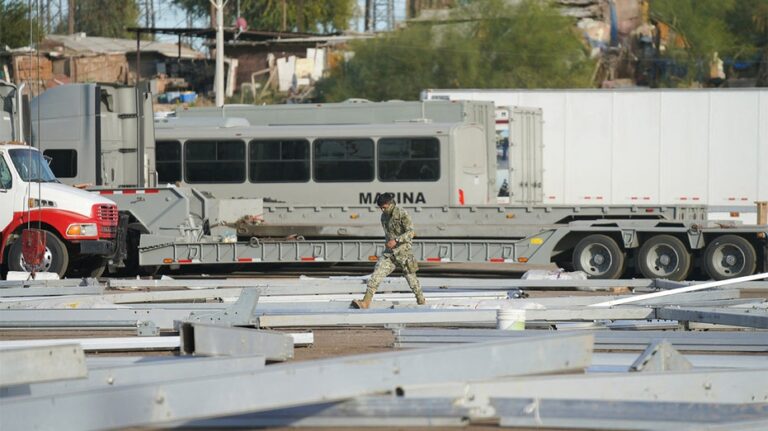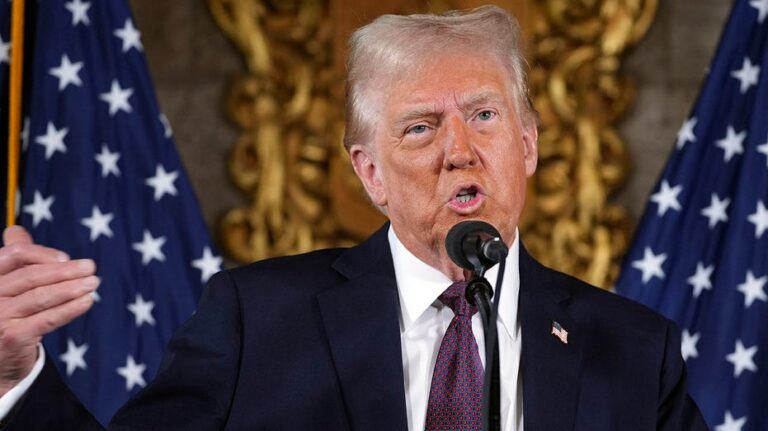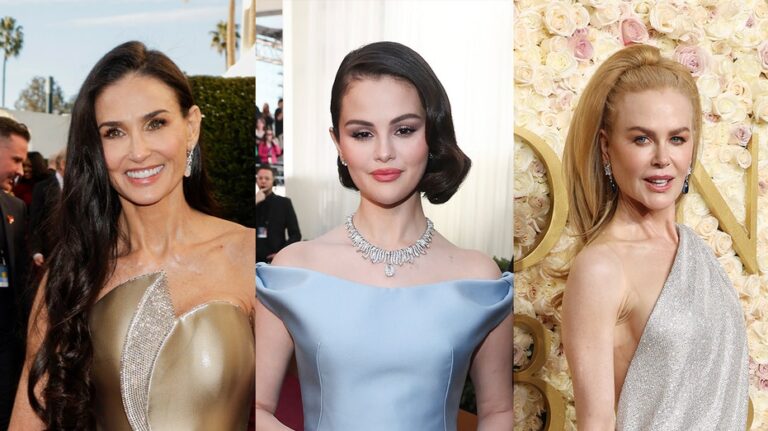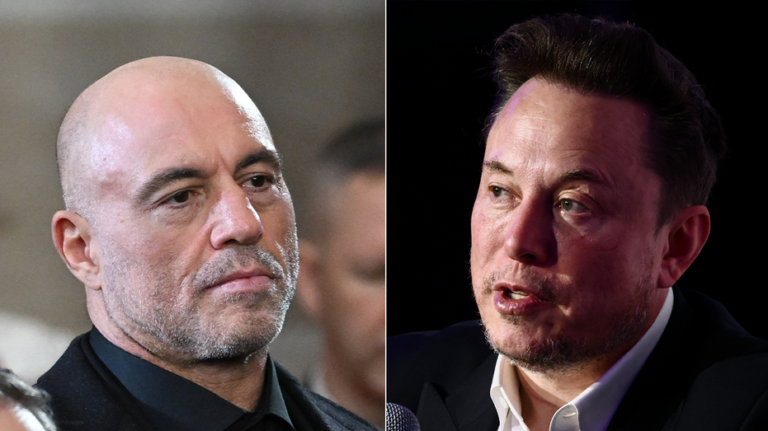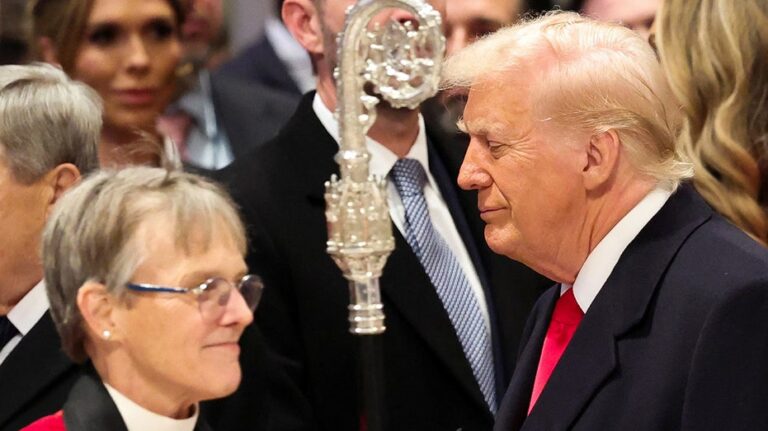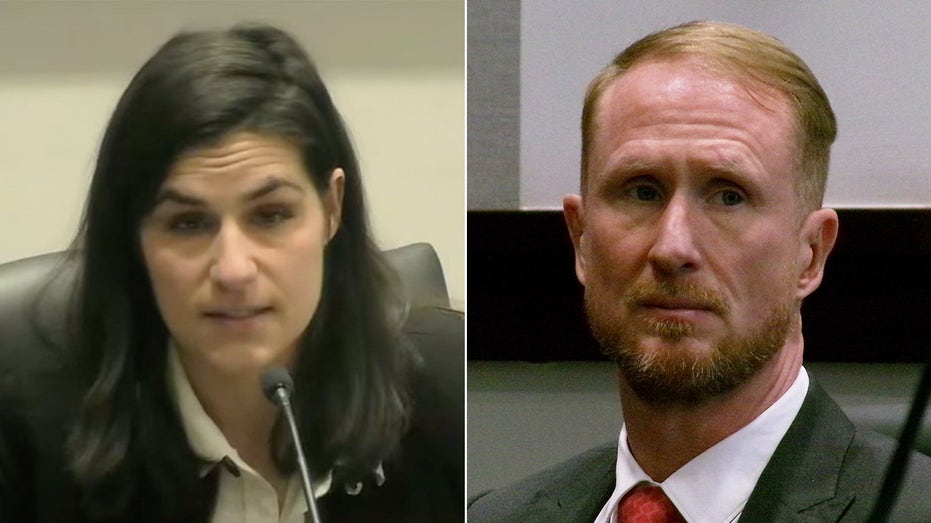
PANAMA CITY, FLORIDA – One of the journalists behind the CNN report at the center of the high-stakes defamation trial was accused of “misleading” the plaintiff by hiding the fact he was going to be part of their story since the beginning.
U.S. Navy veteran Zachary Young alleges CNN smeared him in a November 2021 report by correspondent Alex Marquardt that first aired on “The Lead with Jake Tapper,” suggesting he illegally profited off desperate people trying to flee Afghanistan following the Biden administration’s military withdrawal, implying he was involved in “black market” dealings and ruining his professional reputation as a result.
CNN’s Katie Bo Lillis, the intelligence and national security correspondent who collaborated with Marquardt on the story, was the first to make contact with Young, but kept her cards close to her chest. She offered her testimony on Wednesday.
On Nov. 3, 2021, Young initiated an exchange with Lillis after he mistakenly thought she was a prospective client when he saw she had viewed his profile on LinkedIn. Lillis replied, “Would love to talk to you a little bit about your operation,” later telling him, “We’re actually working on some reporting related to ongoing efforts to help get at-risk Afghans out of the country and your name came up in a couple of conversations we’ve had recently. So I was hoping to ask you a little bit about your operation!”
What Lillis failed to mention, however, is that Young was always going to be part of CNN’s story shown in Marquardt’s pitch email to his bosses on Oct. 28, 2021.
After Lillis acknowledged to Young she was corresponding as a journalist and not a potential client, Young immediately told her, “I’d rather not be named in any reporting.” But instead of disclosing that he was a subject, Lillis suggested they chat “a little off-the-record,” to which he replied, “Sure, if you agree I won’t be named in any article.”
“I can’t promise that in advance, unfortunately,” Lillis told Young at the time. But while still urging him to chat off-the-record, she added, “It offers you an opportunity to understand what we’re working on… and to make your case to keep your name out of it.”
“I’m a straight shooter, I’ll be frank with you about where we are,” Lillis assured him.
Meanwhile, Lillis and Marquardt were messaging about their “cover” being blown to Young.
“Just got in the office. If the cover is blown, I say we approach it gently and say we’ve been doing stories on evacuations,” Marquardt said that afternoon.
“Alas, I think our cover was blown when he made the initial outreach,” Lillis told her colleague, who replied, “So it goes.”
Moments later, Marquardt declared “he’s going to be on CNN.” Lillis replied, “Yes, 100 percent.”
Young attorney Kyle Roche repeatedly grilled Lillis during cross-examination.
Roche showed the jurors a visual timeline of Lillis’ interaction with Young and Marquardt. The text messages show that Marquardt told Lillis he wanted to get Young “to a place where I can call him on camera,” when Lillis was still telling the Navy veteran she just wanted to chat for “lay of the land” background.
“You can’t mislead Zak in this conversation, right? You can’t lie to him? You can’t mislead him?” Roche asked.
“I can’t lie to him about who I am, or why I’m reaching out to him,” Lillis said.
Roche shot back, “You lie to him about other things?”
“No, I mean, I wouldn’t, but… I can’t lie to him,” Lillis responded.
Roche asked if using a “cover” violated journalism ethics and she responded that a “false identity” would be considered unethical.
“So, if that’s how you’re defining ‘cover,’ yes that would be against the ethical rules of journalism,” Lillis said, adding that in the context of her messages she doesn’t believe the word “cover” was an example of CNN reporters misrepresenting themselves.
Roche pressed Lillis on whether using a “cover” is the “opposite of being a straight shooter.” Lillis laughed on the witness stand and suggested “we don’t have a cover,” because the messages prove it was “blown.”
Roche said, “Once your cover is blown, you weren’t being a straight shooter before that?”
Lillis admitted she didn’t provide Young with all the information she would eventually provide right away, but insisted she never misrepresented herself.
Other text messages shown to the jury show Lillis said Young would “100 percent” wind up on CNN when she was still downplaying his role in a potential story. Lillis denied Roche’s assertion that she was “misleading” Young and testified she wasn’t making a “literal statement” that the veteran would wind up on the network.
“Should we take the ‘straight shooter’ comment as a literal statement,” Roche asked, to which Lillis responded, “Yes.”
Lillis testified that, at that time, she didn’t feel the need to tell Young that Marquardt wanted to get him on camera right away.
Jurors later peppered Lillis with questions about her conduct in her zealous effort to get Young to engage with CNN. The trial resumed on Thursday.
PANAMA CITY, FLORIDA – One of the journalists behind the CNN report at the center of the high-stakes defamation trial was accused of “misleading” the plaintiff by hiding the fact he was going to be part of their story since the beginning.
U.S. Navy veteran Zachary Young alleges CNN smeared him in a November 2021 report by correspondent Alex Marquardt that first aired on “The Lead with Jake Tapper,” suggesting he illegally profited off desperate people trying to flee Afghanistan following the Biden administration’s military withdrawal, implying he was involved in “black market” dealings and ruining his professional reputation as a result.
CNN’s Katie Bo Lillis, the intelligence and national security correspondent who collaborated with Marquardt on the story, was the first to make contact with Young, but kept her cards close to her chest. She offered her testimony on Wednesday.
On Nov. 3, 2021, Young initiated an exchange with Lillis after he mistakenly thought she was a prospective client when he saw she had viewed his profile on LinkedIn. Lillis replied, “Would love to talk to you a little bit about your operation,” later telling him, “We’re actually working on some reporting related to ongoing efforts to help get at-risk Afghans out of the country and your name came up in a couple of conversations we’ve had recently. So I was hoping to ask you a little bit about your operation!”
What Lillis failed to mention, however, is that Young was always going to be part of CNN’s story shown in Marquardt’s pitch email to his bosses on Oct. 28, 2021.
After Lillis acknowledged to Young she was corresponding as a journalist and not a potential client, Young immediately told her, “I’d rather not be named in any reporting.” But instead of disclosing that he was a subject, Lillis suggested they chat “a little off-the-record,” to which he replied, “Sure, if you agree I won’t be named in any article.”
“I can’t promise that in advance, unfortunately,” Lillis told Young at the time. But while still urging him to chat off-the-record, she added, “It offers you an opportunity to understand what we’re working on… and to make your case to keep your name out of it.”
“I’m a straight shooter, I’ll be frank with you about where we are,” Lillis assured him.
Meanwhile, Lillis and Marquardt were messaging about their “cover” being blown to Young.
“Just got in the office. If the cover is blown, I say we approach it gently and say we’ve been doing stories on evacuations,” Marquardt said that afternoon.
“Alas, I think our cover was blown when he made the initial outreach,” Lillis told her colleague, who replied, “So it goes.”
Moments later, Marquardt declared “he’s going to be on CNN.” Lillis replied, “Yes, 100 percent.”
Young attorney Kyle Roche repeatedly grilled Lillis during cross-examination.
Roche showed the jurors a visual timeline of Lillis’ interaction with Young and Marquardt. The text messages show that Marquardt told Lillis he wanted to get Young “to a place where I can call him on camera,” when Lillis was still telling the Navy veteran she just wanted to chat for “lay of the land” background.
“You can’t mislead Zak in this conversation, right? You can’t lie to him? You can’t mislead him?” Roche asked.
“I can’t lie to him about who I am, or why I’m reaching out to him,” Lillis said.
Roche shot back, “You lie to him about other things?”
“No, I mean, I wouldn’t, but… I can’t lie to him,” Lillis responded.
Roche asked if using a “cover” violated journalism ethics and she responded that a “false identity” would be considered unethical.
“So, if that’s how you’re defining ‘cover,’ yes that would be against the ethical rules of journalism,” Lillis said, adding that in the context of her messages she doesn’t believe the word “cover” was an example of CNN reporters misrepresenting themselves.
Roche pressed Lillis on whether using a “cover” is the “opposite of being a straight shooter.” Lillis laughed on the witness stand and suggested “we don’t have a cover,” because the messages prove it was “blown.”
Roche said, “Once your cover is blown, you weren’t being a straight shooter before that?”
Lillis admitted she didn’t provide Young with all the information she would eventually provide right away, but insisted she never misrepresented herself.
Other text messages shown to the jury show Lillis said Young would “100 percent” wind up on CNN when she was still downplaying his role in a potential story. Lillis denied Roche’s assertion that she was “misleading” Young and testified she wasn’t making a “literal statement” that the veteran would wind up on the network.
“Should we take the ‘straight shooter’ comment as a literal statement,” Roche asked, to which Lillis responded, “Yes.”
Lillis testified that, at that time, she didn’t feel the need to tell Young that Marquardt wanted to get him on camera right away.
Jurors later peppered Lillis with questions about her conduct in her zealous effort to get Young to engage with CNN. The trial resumed on Thursday.
